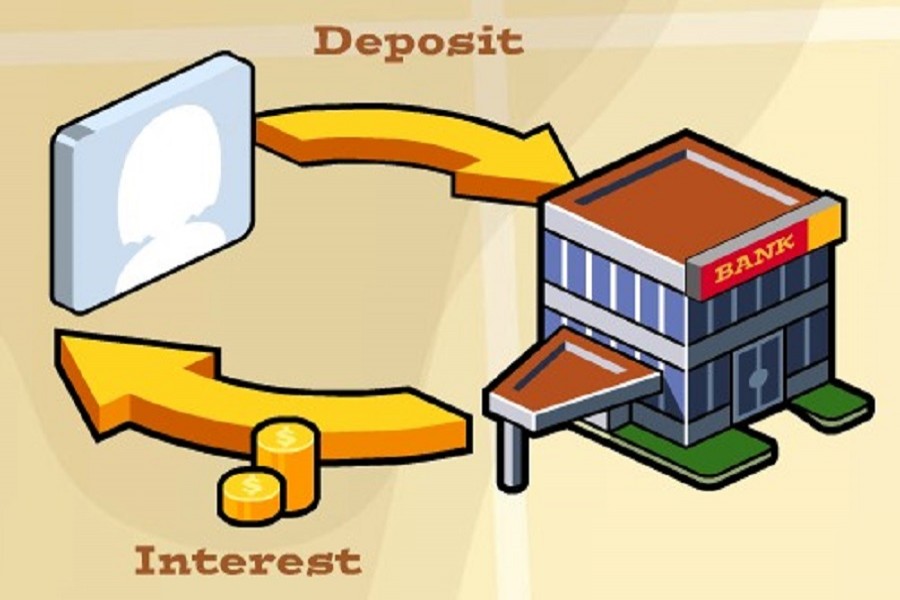Upward interest adjustments imperative to attract deposit
Economists suggest, find MPS wanting in direction for quality lending

Published :
Updated :

Economists find the new monetary policy statement wanting in adequate strategies to ensure quality bank lending as a counterbalance to excessive growth in private credits.
During their critical appreciation of the just-issued MPS, they felt the need for some upward adjustments to the rates of interest on deposits to attract public deposit to the banking system.
An interest hike, they feel, is in the interest of striking balance between lending and deposit, as the former tips the balance amid a reported ebb tide in deposit of money by people with the banks.
The advance-deposit ratio (ADR) is unlikely to decline unless the high yield on national saving schemes drops, they observed Tuesday, a day after the central bank rolled out the latest monetary policy for the second half of the current fiscal.
Dr Zahid Hussain, lead economist at the Dhaka Office of the World Bank, told the FE that the concern over excessive growth in private credit stems from concerns about credit quality.
By 'credit quality' the critics meant proper lending of bank money to right, eligible borrowers in order to avert loan default and outright forgeries, in some cases.
"The MPS is short on strategies and actions to induce private banks to correct their balance sheets to comply with the ADR limits and to tame their aggressive lending .behaviour that could rot their loan portfolio," says the WB economist.
Dr Hussain said given the high interest rates on national savings certificates (NSCs), it is not reasonable to expect ADRs to decline.
"If we don't cause some increase in interest rates, there will not be improvement in the deposits," he added.
He thinks people will continue to invest in the NSCs, leading to low growth in deposits in the banking sector which stood at around 11 per cent.
"In my view the interest rates on deposits remained low, so there is need for some upward adjustments of the rates of interest on the deposits."
He said such increase in deposit would also hike the lending rates. This, he argued, won't emerge as main barrier to investment as the country's main hurdles in investment are policy uncertainties, regulatory complexities and lack of required infrastructures.
Dr Ahsan H Mansur, executive director at the Policy Research Institute of Bangladesh, or PRI, said the MPS rightly identified liquidity crunch on the money market. "We must raise deposit and right this moment interest rate is a tool to attract the deposits." Dr Mansur feels the ADR must be reduced.
He also said there is need for currency depreciation amid the prevailing tension with external trade.
"If the existing health of the balance of payments continues, the deficit will widen to an all-time high which would impact on the reserves significantly," the policy analyst said.
He called for enhancing export and discouraging import through the currency depreciation in order to strike a balance between the payments for imports and earnings from exports.
In such cases, he said, the inflationary pressures may emerge.
Dr Mirza Azizul Islam, a former caretaker government adviser, told the FE that the monetary policy accommodated the expected nominal growth in the economy but there is a possibility inflationary pressure.
He said there is need for strict supervision in the banking sector, and emphasis should be given on the productive sectors.
"The central bank must ensure productive-sector lending," Dr Islam said as regards the urgency of ensuring quality of credits.


 For all latest news, follow The Financial Express Google News channel.
For all latest news, follow The Financial Express Google News channel.